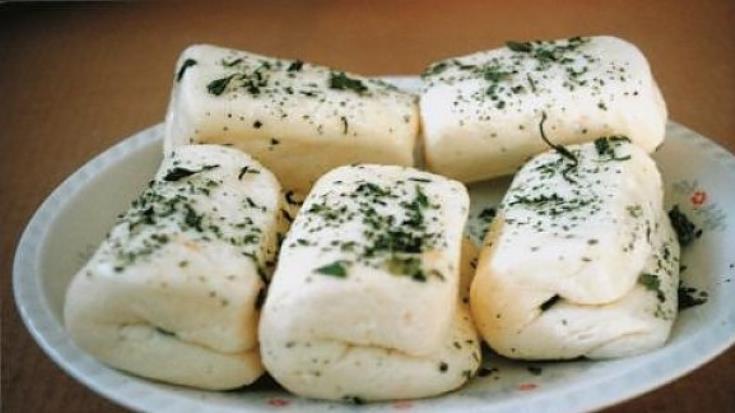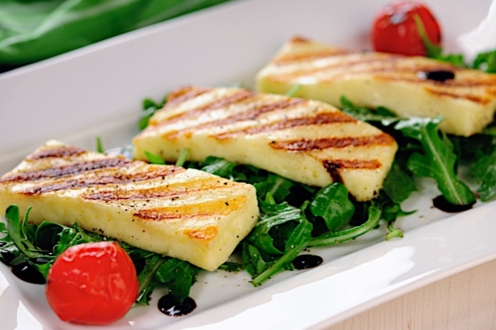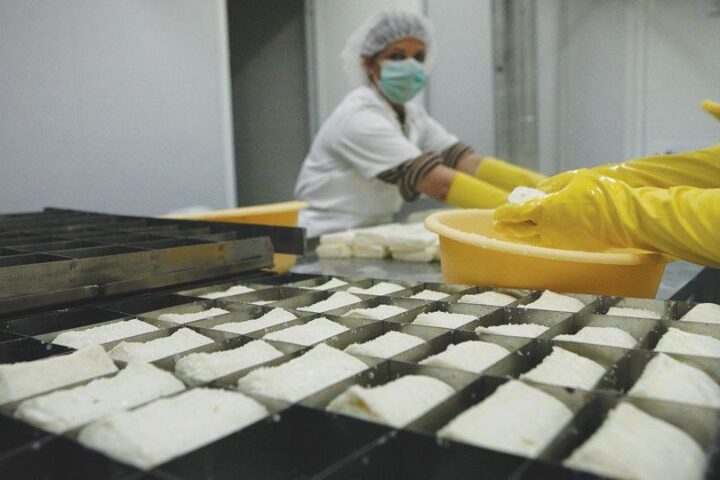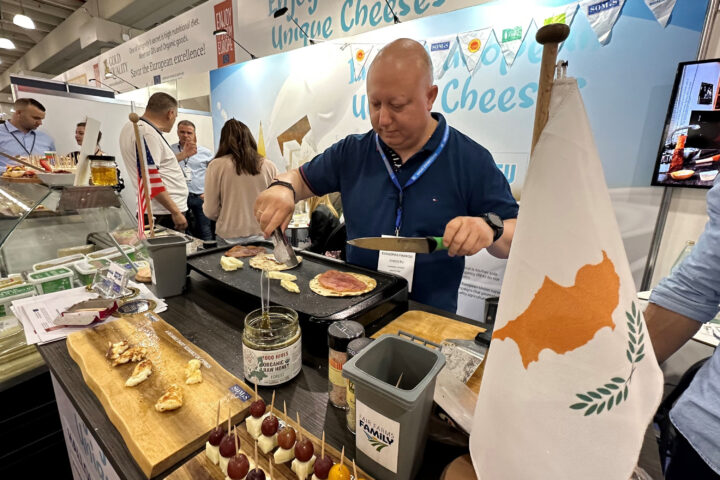Supermarkets can only sell halloumi, produced under the EU-approved Product of Origin file, as the Agriculture Ministry launches inspections at stores.
In comments to the Cyprus News Agency, the head of the Agriculture Department, Androulla Georgiou, said that inspectors were carrying out checks at supermarkets, with no reports of non-PDO halloumi found.
She said inspectors would work their way down to smaller stores in the coming days, noting that they are instructed to remove any Halloumi product that does not comply with the file.
The executive secretary of the Pancyprian Supermarkets Association, Andreas Hadjiadamou, said supermarkets had removed all the non-PDO Halloumi products from their shelves.
Hadjiadamou expressed his confidence that the transition would be smooth but noted there might be some shortages in PDO halloumi during the first couple of days.
He reminded the public the price of PDO Halloumi is one to two euros more than halloumi available on the market until now.
Another halloumi-type cheese will be released on the market with a different name, providing competition and helping the market to keep prices in check.
Milk
Retailers can only sell PDO-certified halloumi at higher prices due to a deal authorities struck with stakeholders, including an increase in the milk price.
The war in Ukraine has also played its role, as it has inflated the prices of raw materials, including animal feed.
To persuade farmers, the ministry suggested that sheep breeders be compensated with a minimum of €1.35 (up to €1.45) per litre, up from €1.05 – €1.20.
Goat breeders will be compensated €0.80 to €0.90 for every litre of milk.
Cow milk has gone up by 5 cents, with the increase already implemented in the market.
The recent deal foresees that the thorny issue of the ratio of cow to goat and sheep milk is now resolved, with the Agriculture Ministry conceding to dairy producers’ demands to postpone the implementation of the milk ratio until 2024.
After an initial transitional period up to 2024, products may be labelled “halloumi” if they contain at least 10% goat and sheep milk during the ‘low’ season and 25% during the high season.
The low season is February to August, when goat and sheep milk production is at its lowest.
For the rest of the year, the ratio is set at a minimum of 25% goat and sheep milk.
Based on the deal, the ratio is to be increased by 5% on top of 25% every year until the 50% level is reached in 2029.
Several changes will be made to the PDO file, including the shape and size of the squeaky cheese.
The deal is subject to the approval of Brussels, with authorities and other stakeholders confident that the European Commission will approve an end to the ‘Halloumi wars’.
In 2020 total sales of halloumi cheese reached 42,200 tonnes worth €285.5 mln.









